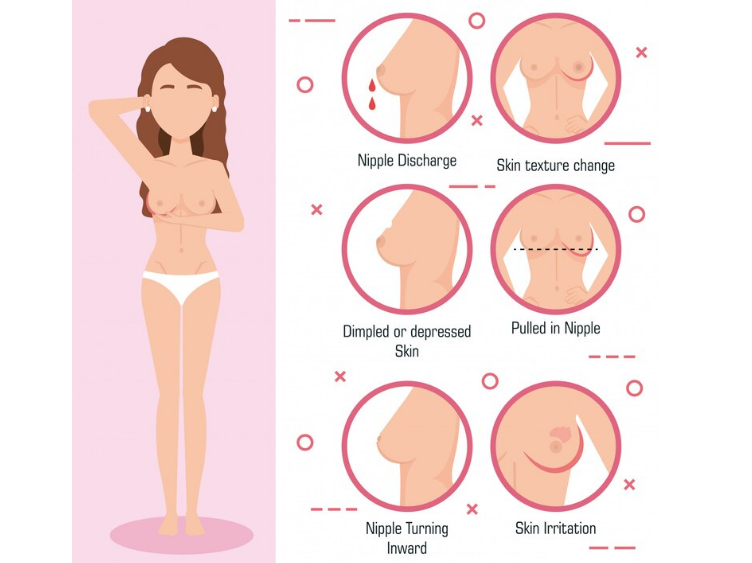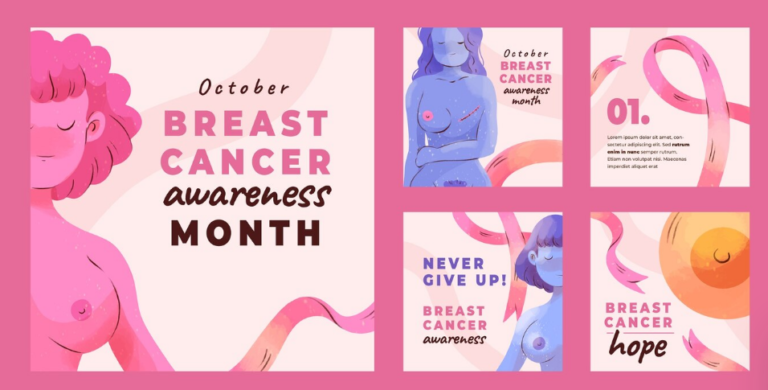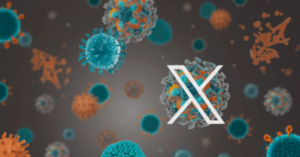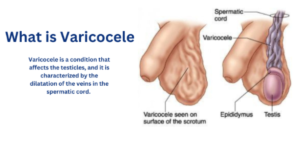Beyond Pink Ribbons: The Untold Realities of Breast Cancer
Breast cancer awareness has come a long way from being symbolized merely by pink ribbons. While the symbol remains poignant, it’s crucial to delve deeper into the intricacies of this prevalent disease. This article goes beyond the surface, exploring the untold realities of breast cancer, offering insights, and empowering individuals with knowledge.
Table of Contents
Understanding the Basics of Breast Cancer
To comprehend the complexities of breast cancer, one must first understand its basics. Breast cancer originates in the cells of the breast and can manifest in various forms. From invasive ductal carcinoma to lobular carcinoma, each type requires a unique approach to diagnosis and treatment.

Unveiling the Myths Surrounding Breast Cancer
Separating fact from fiction is essential when it comes to breast cancer. Contrary to popular belief, breast cancer doesn’t exclusively affect women – men can also be diagnosed. Early detection is pivotal, and relying on myths can hinder timely diagnosis. This section aims to debunk prevalent misconceptions surrounding breast cancer.
Navigating the Emotional Landscape
A breast cancer diagnosis is not just a physical battle; it’s an emotional journey as well. From the initial shock to the ongoing psychological toll, individuals facing breast cancer encounter a myriad of emotions. Support networks and mental health resources play a pivotal role in helping patients navigate this emotional landscape.
Innovations in Breast Cancer Screening
The landscape of breast cancer screening is continually evolving. Cutting-edge technologies such as 3D mammography and liquid biopsy are revolutionizing early detection. Staying informed about these advancements empowers individuals to make proactive decisions about their health.

Personalized Treatment Approaches
No two breast cancer cases are identical, necessitating personalized treatment plans. From surgery and chemotherapy to immunotherapy, understanding the options available is crucial. This section explores the latest advancements in breast cancer treatment, emphasizing the importance of tailored approaches for improved outcomes.
Lifestyle Factors and Breast Cancer Risk
While genetics play a role in breast cancer risk, lifestyle factors also contribute significantly. Maintaining a healthy lifestyle, including a balanced diet and regular exercise, can mitigate risks. This section provides actionable tips for individuals looking to adopt a proactive approach to their breast health.
The Financial Burden of Breast Cancer
Beyond its physical and emotional toll, breast cancer often comes with a substantial financial burden. From medical bills to lost wages during treatment, individuals may face financial challenges. This segment sheds light on available resources and financial support networks to alleviate the economic strain associated with breast cancer.
Nurturing Hope and Resilience
Amidst the challenges posed by breast cancer, stories of hope and resilience abound. Survivorship journeys and advocacy initiatives contribute to a narrative beyond despair. By fostering a sense of community and empowerment, individuals can find strength in their breast cancer journey.
Emerging Trends in Breast Cancer Research
The field of breast cancer research is dynamic, with ongoing studies uncovering new insights and potential breakthroughs. This section delves into the latest research trends, offering readers a glimpse into the future of breast cancer prevention, diagnosis, and treatment.
Advocacy for Breast Health Education

Raising awareness is integral to combating breast cancer. This section emphasizes the role of advocacy in promoting breast health education, encouraging regular check-ups, and fostering a culture of proactive health consciousness.
Conclusion: Empowering Through Knowledge
In conclusion, understanding the untold realities of breast cancer goes beyond symbolic gestures. It requires a commitment to awareness, support, and ongoing education. By embracing the multifaceted nature of breast cancer, we can collectively work towards a future where early detection, personalized treatment, and unwavering support redefine the narrative, offering hope and empowerment to those affected. Together, let us move beyond pink ribbons and towards a comprehensive understanding of breast cancer’s complexities.
Frequently Asked Questions (FAQ'S)
Breast cancer isn’t a one-size-fits-all diagnosis. There are various types, each with distinct characteristics. Invasive Ductal Carcinoma (IDC), Invasive Lobular Carcinoma (ILC), and Triple-Negative Breast Cancer (TNBC) are just a few examples. Understanding these types is crucial for tailoring effective treatment plans.
While breast cancer is more prevalent in women, men can also be affected. Though rare, male breast cancer demands attention. It’s essential for everyone, regardless of gender, to be aware of potential symptoms and seek medical advice if any concerns arise.
Genetics can significantly influence the risk of developing breast cancer. The BRCA1 and BRCA2 genes, when mutated, increase susceptibility. Genetic testing can provide valuable insights, helping individuals make informed decisions about preventive measures and monitoring.
Early detection is key to successful treatment. Regular self-exams, clinical breast exams, and mammograms are crucial components of early detection strategies. Understanding the signs and symptoms empowers individuals to take proactive steps towards their breast health.
Certain lifestyle choices can contribute to reducing the risk of breast cancer. Maintaining a healthy weight, engaging in regular physical activity, limiting alcohol intake, and avoiding smoking are lifestyle factors that can positively impact breast health.
Therapy choices for breast cancer differ contingent upon the kind and stage. Surgery, chemotherapy, radiation therapy, and hormone therapy are common modalities. A personalized treatment plan, often a combination of these, is crafted based on the individual’s specific diagnosis.
While prevention is challenging, proactive measures can reduce the risk. Regular screenings, a healthy lifestyle, and awareness of personal risk factors contribute to prevention. Understanding one’s family history and discussing it with healthcare providers aids in developing a tailored prevention strategy.
Facing a breast cancer diagnosis is emotionally challenging. Support systems, including support groups, counseling services, and online communities, play a crucial role in helping patients navigate the emotional and psychological aspects of their journey.
Beyond the physical challenges, breast cancer can significantly impact mental health. Anxiety, depression, and fear are common emotions. Integrating mental health support into the overall treatment plan is vital for holistic well-being.
Support from friends and family is invaluable. Offering a listening ear, assisting with daily tasks, and providing emotional support can make a significant difference. Educating oneself about the specific challenges of breast cancer can enhance the ability to offer meaningful support.
Explore My Recent Articles

10 Proven Benefits of Bananas for Health and Well-being
Bananas are known for their natural sweetness, ease of peeling and rich nutrition. This makes them one of the most commonly consumed fruits in the world. Though bananas originated in

Disease X: The Next Pandemic?
Emerging infectious diseases pose one of the greatest threats to human health and global stability. One of them, “Disease X” has intrigued scientists and WHO, as it represents the potential

The Remarkable Benefits of Eating Acorn Squash in Winter
Acorn squash has all the qualities that make it special. Winter calls for warmth, comfort, and nutrition, and acorn squash provides all of these. This vegetable is not just delicious

Omega-3 Fatty Acids
Omega-3 fatty acids play a very important role in the nutrients needed to maintain overall health. As people are getting to know about it, its popularity is increasing day-by-day. These


